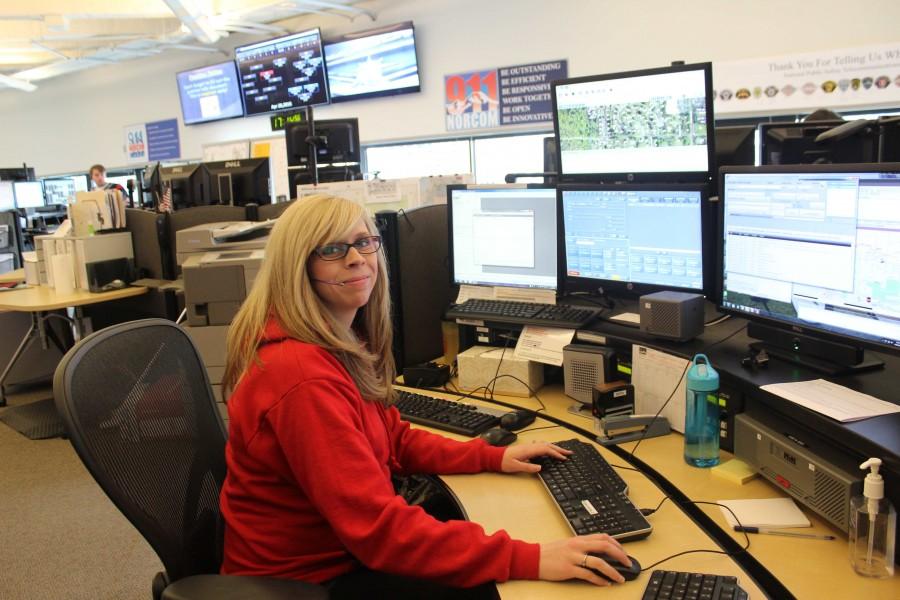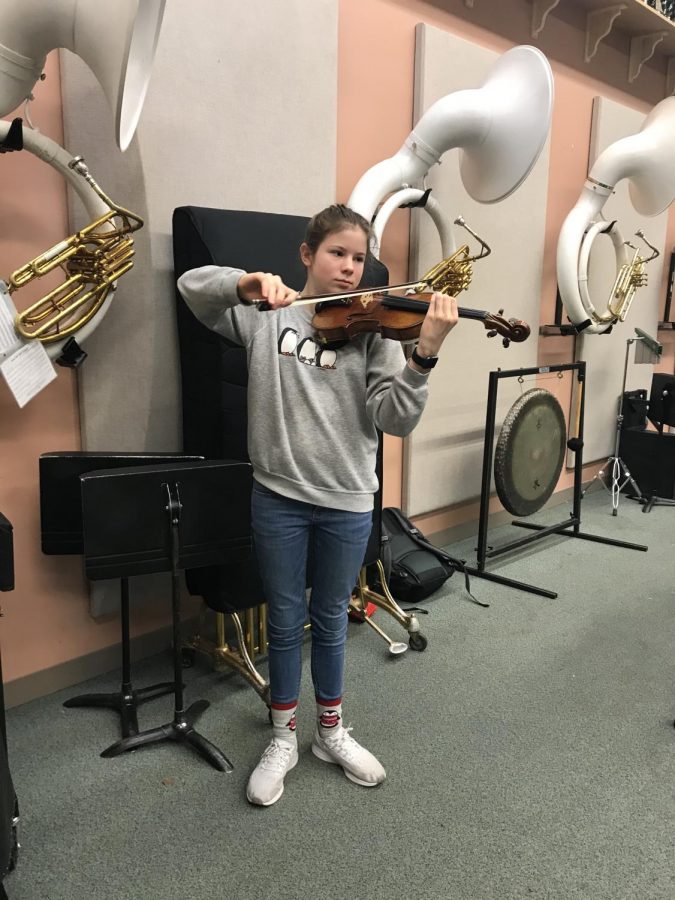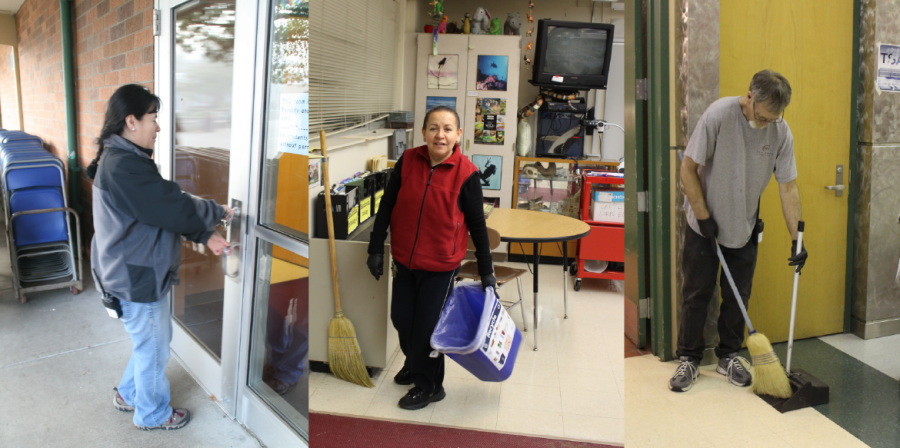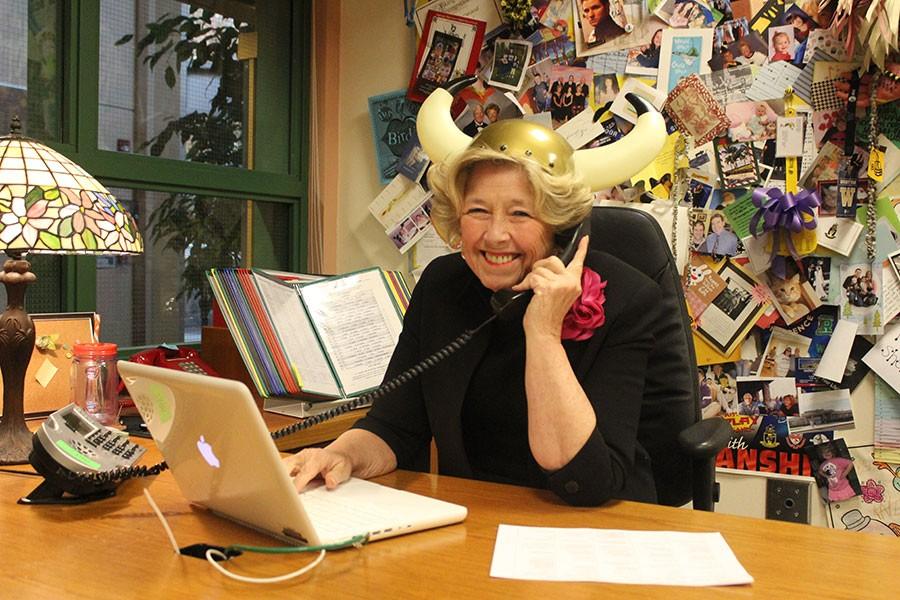A flashing red light appears at the bottom of one of the eight computer screens on the desk, a quick tone sounds in your ear. You quickly poise yourself above one of the four keyboards and say, “911 emergency.”
The highly trained staff at NORCOM, operating out of Bellevue City Hall, works tirelessly 24 hours a day to make sure any 911 calls are answered and help is sent.
Telecommunicators Ethan Trimble and Kelly Stiefel show up to work each day knowing that they’re on the clock, the police and firefighters are at their disposal and the civilian on the line counting on them to solve their problem.
“We are the front line for people with emergencies,” Trimble said. “We ask a ton of questions to find out what kind and level of help they need and when they need it.”
In some cities, there are separate centers for fire and police dispatch. NORCOM is both services combined in one, and all of the staff are trained to handle any type of call.
“Dispatching is really just managing resources and helping the officers get through the incident safely,” Trimble said. “I think an air traffic controller is a good example of this job. We just need to make sure nothing gets out of control.”
Multitasking is a large part of the job, having to manage over three tasks at once: talking to the caller, dispatching the right service for them and communicating with other operators with a running log of the events.
“This job is notorious for conversations left hanging,” Trimble said.
With a new call every five minutes, coming from any of the 1600 sq. miles they cover, the operators need to be brief and assertive to quickly get the information they need.
“It’s a really unique job and I love it, but it’s not for everyone,” Stiefel said. “It’s rewarding but also quite challenging. It’s different not even day to day, but minute to minute.”
The job comes with its hardships, mainly having to manage traumatic situations and not being able to find out the outcome of your work.
“There are some calls that stick with you,” Stiefel said. “Some you get to know the turnout of, others you’ll never get to know.”
One example of these types of calls are the kind the operators receive on a regular basis from mental and emotional citizens who often call with delusions or just wanting to talk.
“You get some regular callers who you can get to know fairly well,” Stiefel said. “It can be hard to figure out how to handle them, but that’s just something that comes with the job.”
Another part of this profession is dealing with high-intensity calls like weapon and bomb threats, though they are fairly infrequent.
“When we get a high-threat call,” Stiefel said. “We have to immediately close the air and move anyone who’s not on that call to our backup radio channel, Tac 1.”
Often, these calls are the ones people associate with the job because of the way media portray it. In reality, the overall feeling of empathy relates to many of the calls they receive, it’s part of the reason the operators are so good at their job.
“It’s an emotional job,” Trimble said. “You can get attached to calls, even though they only last a couple minutes. We are all so well trained that nothing really shocks you anymore; you just handle it. But, every once in a while, there’s one that you’ll remember.”
Working these types of stressful calls for ten hours a day, four days a week, can take a toll on the operator’s mental state.
“You get to know your coworkers well because of the things you deal with,” Stiefel said. “You really relate to people, it’s a family type bond. Some days it’s sad, but you know that you made a difference in people’s lives.”





















